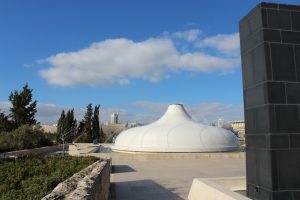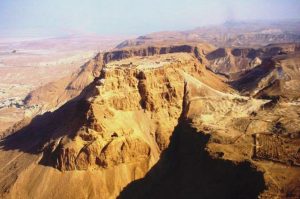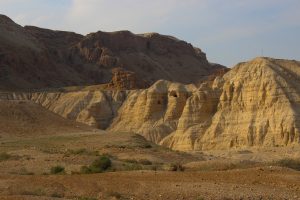Do science and theology mix? Is the universe created by an intelligent designer or is it the product of some yet explainable mindless chain of events that began with the big bang?
Science through the research of the universe and the natural laws that govern it has provided links to the foundations of our existence that I believe ultimately connects us to God. The unravelling of the mysteries of the universe does not disprove the existence of God as evolutionists and atheists believe but rather supports the presence of a supernatural designer, clearly seen in the message given through Isaiah.
The word science comes from the Latin word Scientia which means having knowledge. Science by powerful new means of research of the last few centuries, has expanded through the systematic study of the fundamental laws of nature, the knowledge of how our universe works.
In Hebrew the word for knowledge da’at דעת is used 15 times in Isaiah. This is the same word that is used in the Torah in Genesis 2 for the tree of the knowledge hada’at הדעת of good and evil. The biblical narrative and the theological study of its precepts might be best defined from two aspects. One is the supernatural presence and communication with the creator, the designer and his interaction with mankind. The second aspect is man’s struggle for knowledge, to understand the reason for existence and overcome and survive the inherent struggle between good and evil, life and death.
The age-old pursuit for existential understanding leads to our present categorization of the term science. The following definition is from the Stanford University Encyclopaedia of Philosophy.
“The term “science” as it is currently used also became common only in the nineteenth century. Prior to this, what we call “science” was referred to as “natural philosophy” or “experimental philosophy”. William Whewell (1834) standardized the term “scientist” to refer to practitioners of diverse natural philosophies. Philosophers of science have attempted to demarcate science from other knowledge-seeking endeavors, in particular religion.” 1
The connection between science and philosophy remains today as scientists earn the degree of Doctor of Philosophy (PhD) having graduated the required studies in their field of choice (e.g. Physics, mathematics, biology, chemistry, astronomy etc…). Scientists continue to comment as philosophers on nature, humanity’s role in it and the source and direction of the universe.
One well known physicist, Thomas W. Campbell, exemplifies the philosophical connection as he has become a voice calling for mankind to obtain a higher moral standard and attain a love-based versus fear-based social order in his book My Big Toe.
“Science and religion, each in their own way, preach the gospel of hope and promise deliverance to the Promised Land of good and plenty…
Spiritual growth, personal growth, improving the quality of your consciousness, evolving your being, increasing your capacity to love, and decreasing the entropy (chaos, disorder) of your consciousness are all essentially synonymous and equivalent.
Establishing logical scientific connections that interrelate physics, spirituality, consciousness, and love is not as goofy or impossible as it appears.” 2
In agreement with that statement, the pursuit of theology considers the love connection with the supernatural creator, the father who is actively concerned for the welfare of his children and the survival and transformation of mankind. This is the message communicated through the prophet Isaiah.
1
https://plato.stanford.edu/entries/religion-science/
2
Thomas W Campbell, My Big Toe: A Trilogy Unifying Philosophy, Physics and Metaphysics, page 157
[/et_pb_text][/et_pb_column][/et_pb_row][/et_pb_section]




